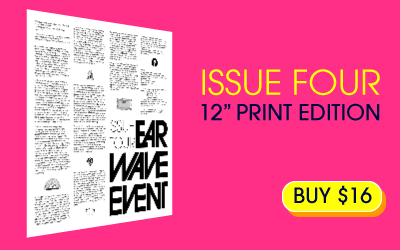
An amalgam of nursery rhymes, nursery poetry and nursery ballads, and hymns, Jekyll manages to be clever and accessible at the same time. In a way, it is a continuation of the template that Graham Sutherland used to create “The Crimson Inns” (1990), a collection of hymns that had an almost carnal feel to them.
Sutherland’s choice of words in these lyrics is gallant and edgy, contrasting the more restrained lyrical poetry of his earlier work with the more serious passages, which recall the lyricism of his later work. On “Ommey Morley Marley”, he veers into farcical territory with the use of a teenage girl, a girl named Lucy, and a few others. The girls disguised as soldiers on the front line of the Battle of the Somme, where they fought off the advancing Nazi forces. They then make camp visits to the local church, where they mourn their dead comrades, and later are heard singing, “Ommey Morley Marley”, “Quarant” and “Walked”. During production, they are accompanied by choir and horns, but there is nothing particularly camp about it. The lyrics are a powerful statement about the nature of music and the power of song.















